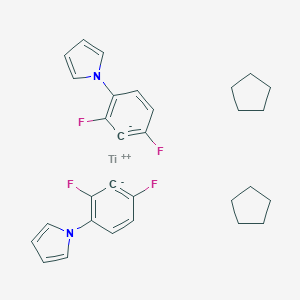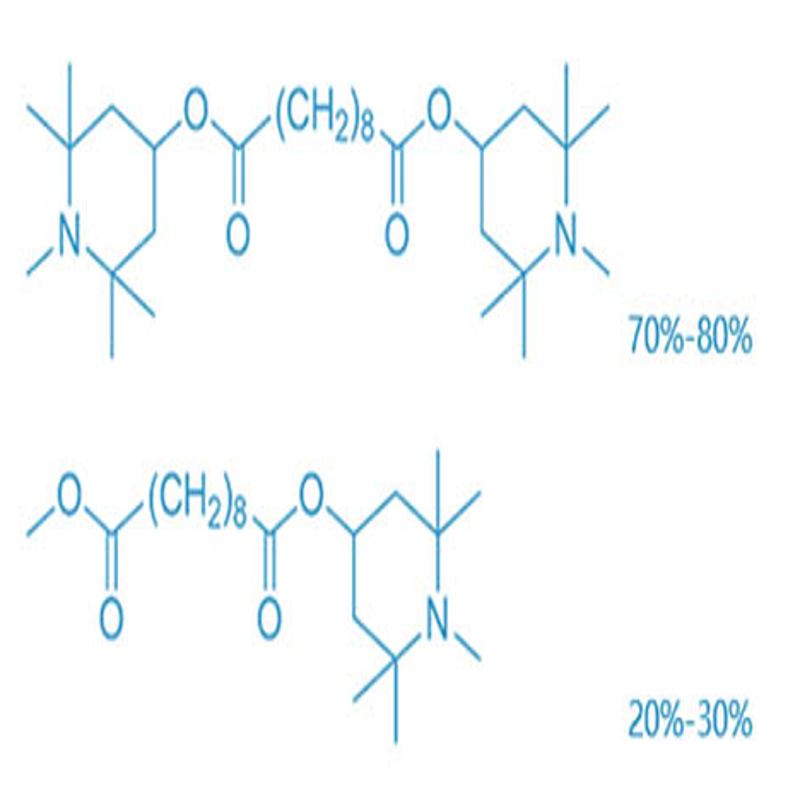-
Categories
-
Pharmaceutical Intermediates
-
Active Pharmaceutical Ingredients
-
Food Additives
- Industrial Coatings
- Agrochemicals
- Dyes and Pigments
- Surfactant
- Flavors and Fragrances
- Chemical Reagents
- Catalyst and Auxiliary
- Natural Products
- Inorganic Chemistry
-
Organic Chemistry
-
Biochemical Engineering
- Analytical Chemistry
-
Cosmetic Ingredient
- Water Treatment Chemical
-
Pharmaceutical Intermediates
Promotion
ECHEMI Mall
Wholesale
Weekly Price
Exhibition
News
-
Trade Service
According to the latest report released by Markets and Markets, an international market research institution, the global IoT market size was about $150 billion in 2019 and is expected to increase to $243 billion by 2021, with a compound annual growth rate of 13.
7%
during the period.
The outbreak of COVID-19 has severely damaged most industries, forcing businesses and organizations to operate
in a non-optimized way in order to find new growth points.
Banking financial services and insurance businesses will grow during the forecast period, and IoT technology will help streamline the payment process as these online transactions
can be monitored and managed electronically.
Data-driven decision-making helps save time
.
As a result, electronic payments have benefited from long-term trends, and the COVID-19 outbreak is accelerating the adoption of
electronic payment methods.
In the short term, most stores around the world now only accept digital payments
, even if the total number of transactions is decreasing.
Digital payments continue to evolve with the addition of IoT devices that include payment capabilities, enhancing the mobile payment experience
.
Consumers can pay
with a range of newly connected devices.
At the same time, IoT has also transformed the retail point of sale (PoS), including parking meters, fitting mirrors, and vending machines
.
Manufacturing vertical growth is expected to decrease
during the forecast period.
With the ongoing COVID-19 pandemic, the manufacturing sector has been hit
hard.
Global manufacturing will be affected by nationwide lockdowns, strict international border controls, social distancing measures for workers, and supply chain issues in manufacturing
base.
According to the Economic Times, the Indian government had ordered India's manufacturing industries to be shut down until the end of March 2020, such as car manufacturers, smartphone manufacturers, consumer electronics companies, home appliance manufacturers, etc
.
Incalculable losses
to the production of critical products.
The Economic Times also said that in this extreme scenario, all factories would be completely closed for a month, and it is estimated that real manufacturing gross value added (GVA) will fall by 5%
in FY2020/21.
These factory closures will delay the immediate implementation of IoT solutions, adversely
affecting the Indian manufacturing market.
With its strong measures, China has gradually recovered production
from the epidemic.
Currently, the most affected region in the world is Europe, and its impact will continue during
the forecast period.
As Italy grapples with rising diagnoses and deaths, European countries are taking increasingly stringent measures to contain the spread
of the virus.
Since March 12, 2020, many countries, including Italy, have been in full lockdown, closing businesses and banning public gatherings
across the country.
The spread of the virus has plunged European countries into lockdown, putting economic activity and the daily lives of millions of people on hold
.
Although the authorities are taking steps to mitigate the impact, it is clear that this has had a devastating impact
on the banking sector.
European Union (EU) banks have taken steps to ensure business continuity and provide appropriate services to their customers, but face operational challenges
.
According to the latest report released by Markets and Markets, an international market research institution, the global IoT market size was about $150 billion in 2019 and is expected to increase to $243 billion by 2021, with a compound annual growth rate of 13.
7%
during the period.
The outbreak of COVID-19 has severely damaged most industries, forcing businesses and organizations to operate
in a non-optimized way in order to find new growth points.
Banking financial services and insurance businesses will grow during the forecast period, and IoT technology will help streamline the payment process as these online transactions
can be monitored and managed electronically.
Data-driven decision-making helps save time
.
As a result, electronic payments have benefited from long-term trends, and the COVID-19 outbreak is accelerating the adoption of
electronic payment methods.
In the short term, most stores around the world now only accept digital payments
, even if the total number of transactions is decreasing.
Digital payments continue to evolve with the addition of IoT devices that include payment capabilities, enhancing the mobile payment experience
.
Consumers can pay
with a range of newly connected devices.
At the same time, IoT has also transformed the retail point of sale (PoS), including parking meters, fitting mirrors, and vending machines
.
Manufacturing vertical growth is expected to decrease
during the forecast period.
With the ongoing COVID-19 pandemic, the manufacturing sector has been hit
hard.
Global manufacturing will be affected by nationwide lockdowns, strict international border controls, social distancing measures for workers, and supply chain issues in manufacturing
base.
According to the Economic Times, the Indian government had ordered India's manufacturing industries to be shut down until the end of March 2020, such as car manufacturers, smartphone manufacturers, consumer electronics companies, home appliance manufacturers, etc
.
Incalculable losses
to the production of critical products.
The Economic Times also said that in this extreme scenario, all factories would be completely closed for a month, and it is estimated that real manufacturing gross value added (GVA) will fall by 5%
in FY2020/21.
These factory closures will delay the immediate implementation of IoT solutions, adversely
affecting the Indian manufacturing market.
With its strong measures, China has gradually recovered production
from the epidemic.
Currently, the most affected region in the world is Europe, and its impact will continue during
the forecast period.
As Italy grapples with rising diagnoses and deaths, European countries are taking increasingly stringent measures to contain the spread
of the virus.
Since March 12, 2020, many countries, including Italy, have been in full lockdown, closing businesses and banning public gatherings
across the country.
The spread of the virus has plunged European countries into lockdown, putting economic activity and the daily lives of millions of people on hold
.
Although the authorities are taking steps to mitigate the impact, it is clear that this has had a devastating impact
on the banking sector.
European Union (EU) banks have taken steps to ensure business continuity and provide appropriate services to their customers, but face operational challenges
.







